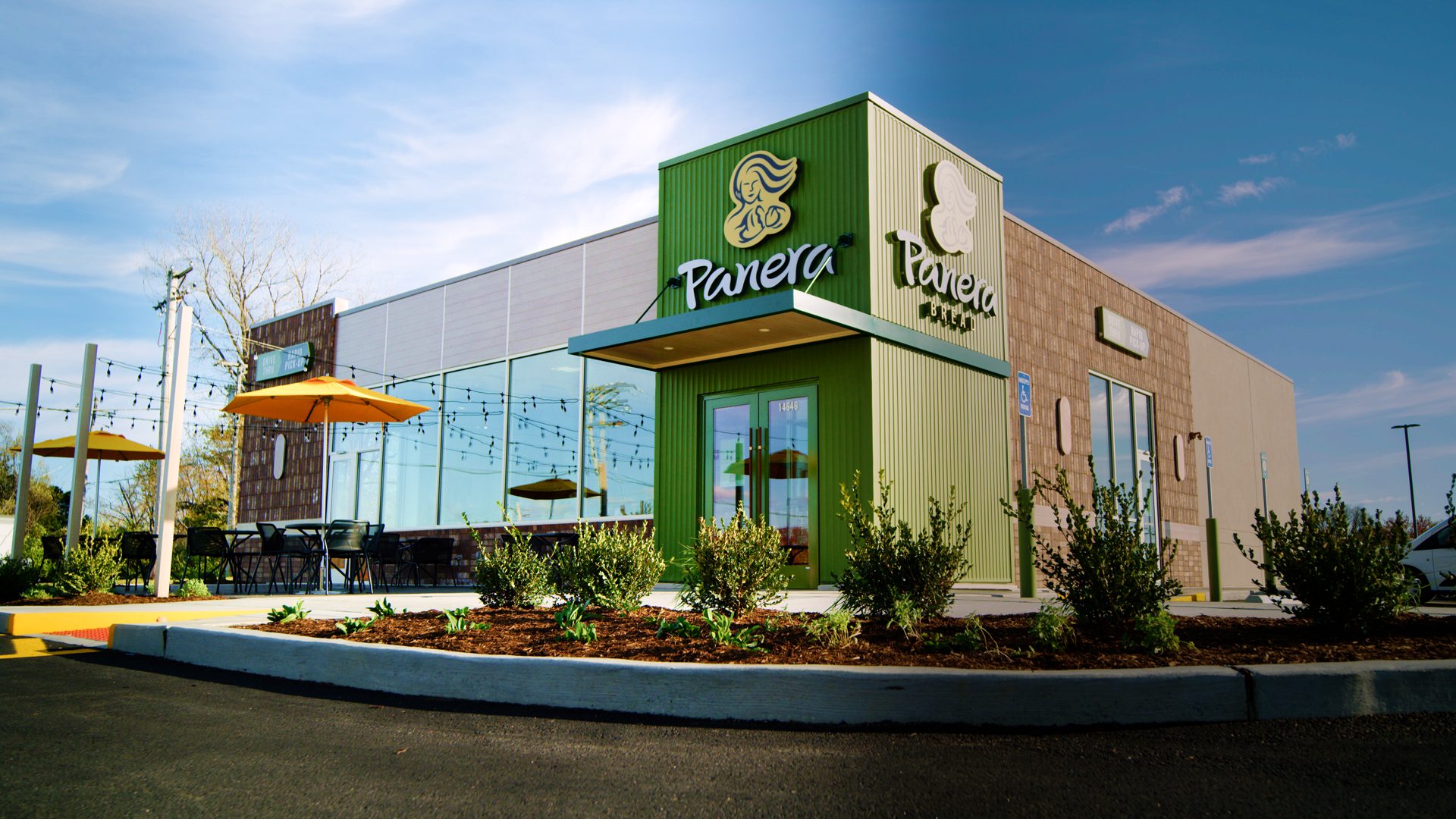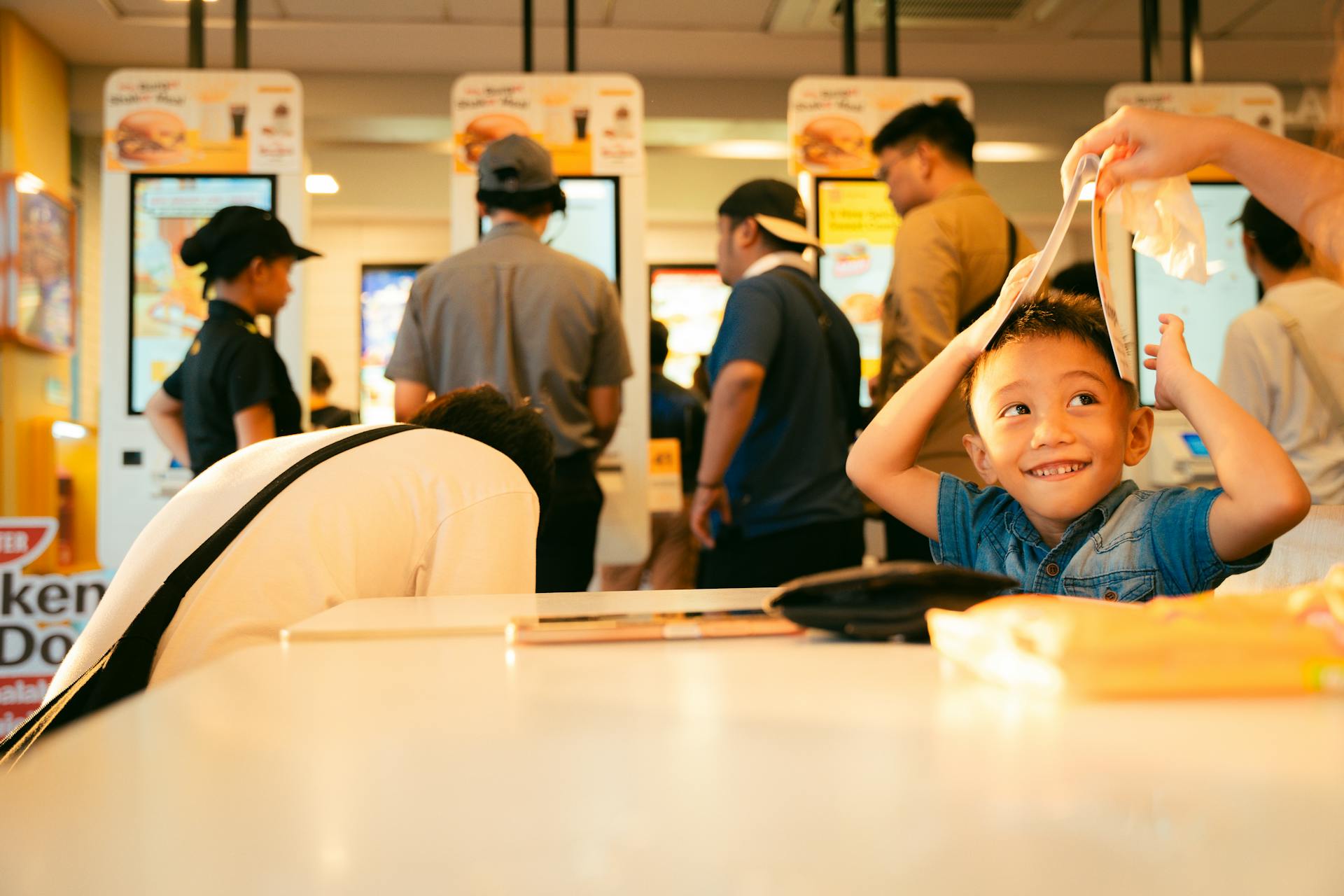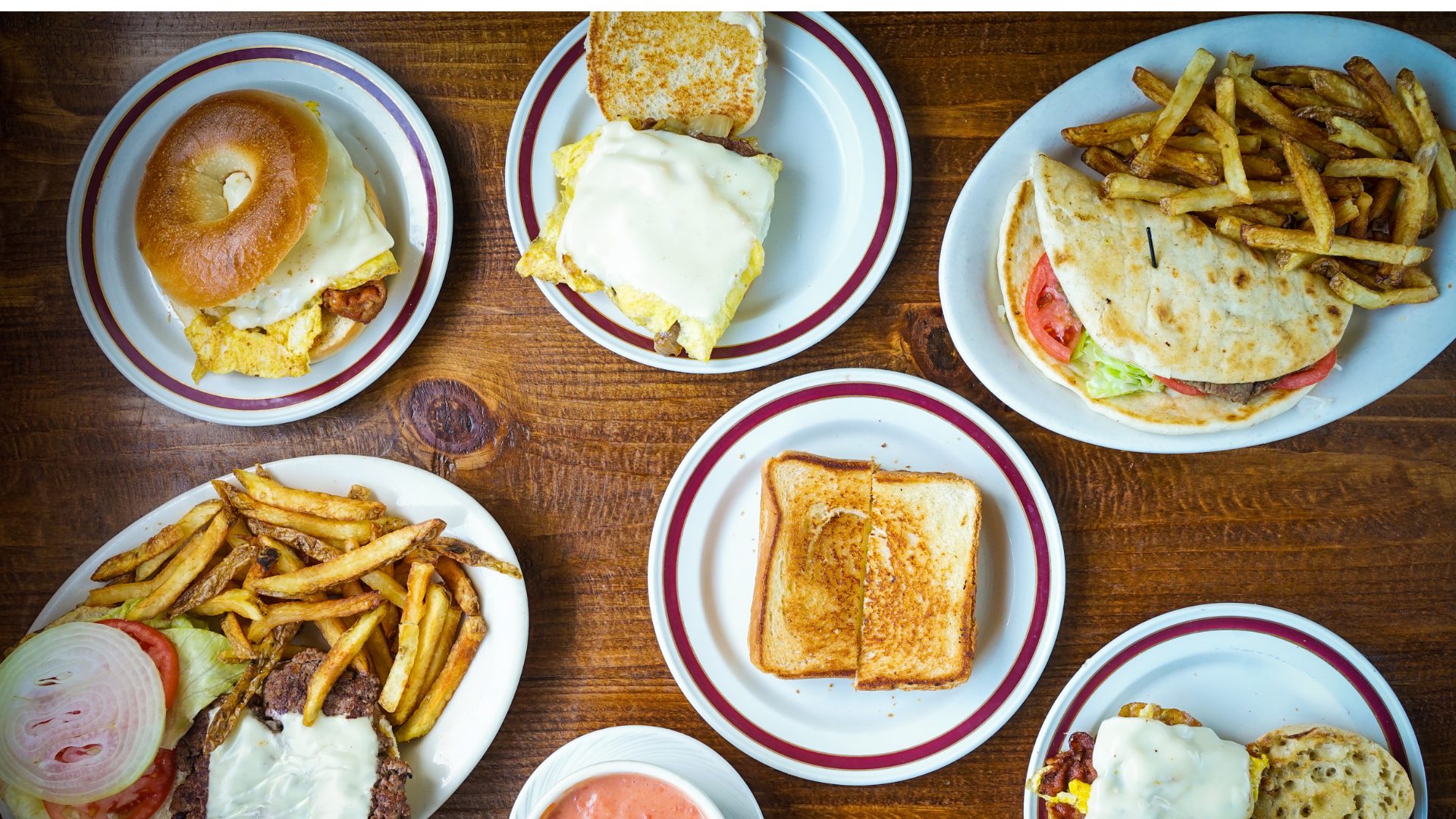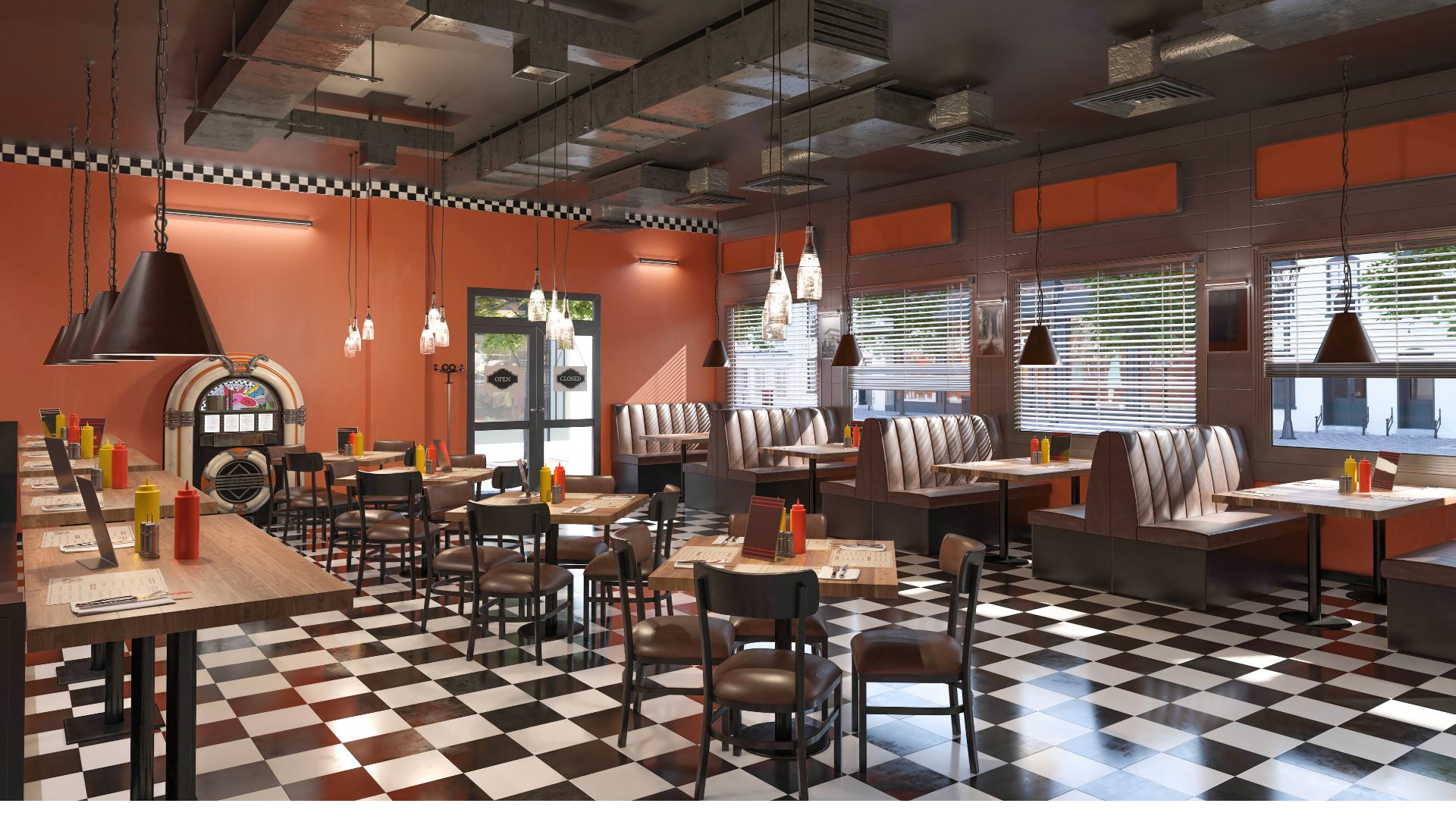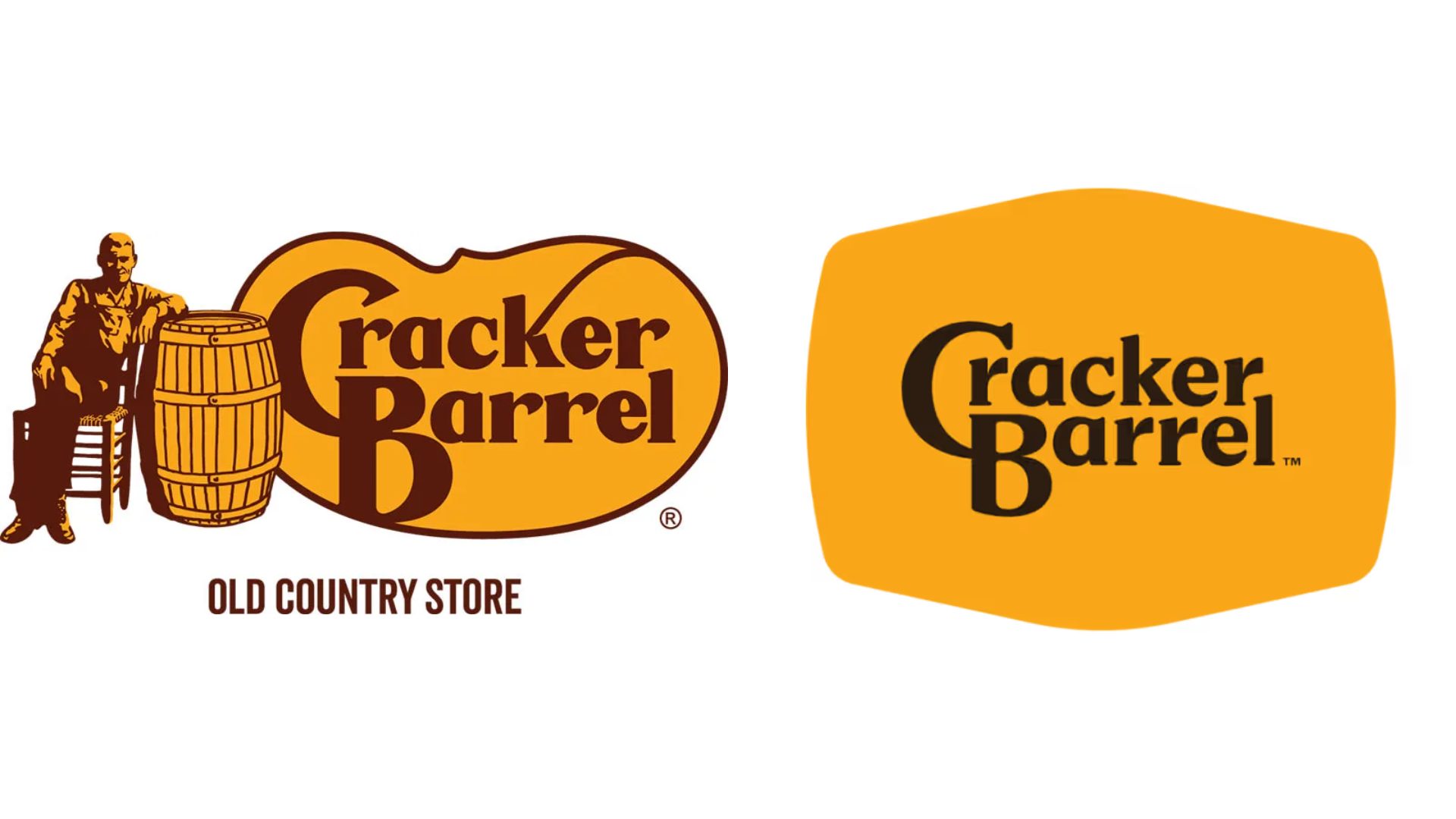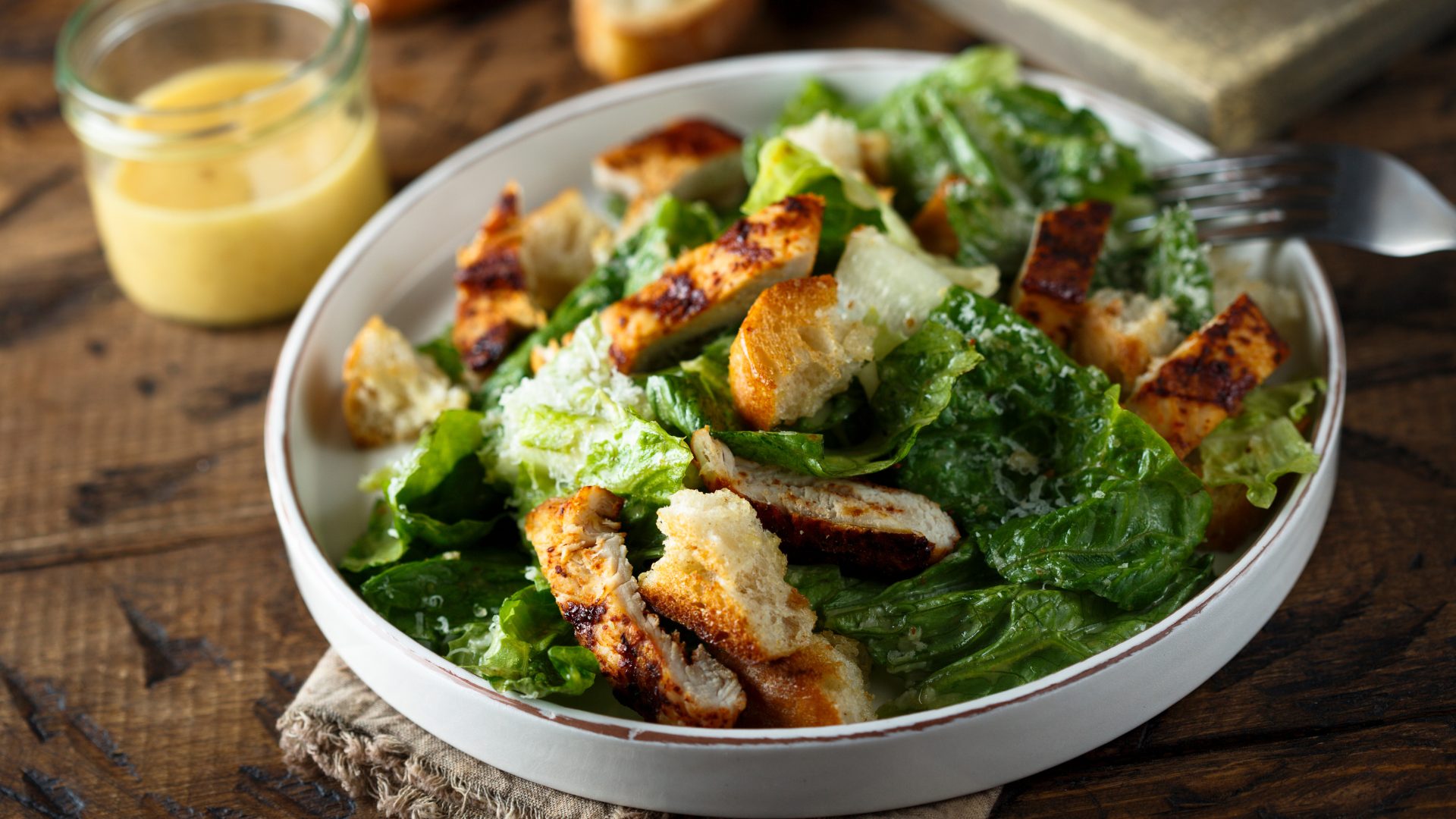According to new research, IHOP tops the list of slowest restaurant chains, exposing breakfast service bottlenecks that frustrate time-sensitive morning diners. Experts say understaffed models and flawed labor assumptions are costing chains millions in lost loyalty.
Solitaired recently analyzed more than 22,000 Google reviews to identify the chains with the slowest service and found that breakfast chains often inspired frustration among customers.
The slowest chains, per Solitaired’s findings, were as follows:
- IHOP
- Texas Roadhouse
- Buffalo Wild Wings
- Cracker Barrel
- First Watch The Daytime Cafe
- Denny’s
American cuisine, specifically breakfast food and steak, was prominent on the list.
What’s the reason for frustratingly slow breakfast service? For one thing, breakfast is one of the first things consumers cut when they’re tightening their wallets amid a difficult economy, as experts told FI last month. Here’s a look at the other common culprits:
Difficult Daypart
Being the first meal of the day, breakfast sets the course for a person’s entire schedule. So, customers have more concern for their available time when they go out for breakfast, because they still have the rest of the day to get through, Brandon Dorsky, co-owner of Yeastie Boys Bagels, explained.
Therefore, slower service is more disruptive to the customer earlier in the day. A 15-minute delay at 8 am may have more ripple effects for the customer than a 15-minute delay at 8 p.m. Accordingly, a customer may be more cognizant of, or more likely to complain about, slow service in the morning, Dorsky told FI.
Flawed Business Models
According to Cody Lee, founder of Food Truck Club, the biggest reason that breakfast places get criticized is because of their business model: it’s predicated on the false notion that speed equals cheap labor.
“The typical breakfast chain operates with bare-minimum staff during its peak periods, and it still has to expect two or three employees to get 40 customers in and out in 20 minutes,” Lee said.
“It causes bottlenecks, wildly varying ticket times, and frazzled employees who can’t possibly match the demand,” he explained. “I’ve seen food trucks turn out 200 breakfast tacos in under an hour with five people just because the assembly line works.
“When a chain reduces payroll to ‘save’ $200 a shift it ends up losing [big] in repeat business.”
With a few obstacles to overcome, breakfast chains must be aware of how precious people’s time is in the morning and find ways to overcome bottlenecks. Whether it’s scaling down the menu or hiring more help, certain breakfast spots need to re-evaluate their business model or risk losing customers.
The Food Institute Podcast
How can a food industry trade show spark global culinary creativity? Anuga’s JP Hartmann, U.S. Consul General Preeti Shah, and World Food Championships’ Nikki Jackson share their perspectives on how the U.S. presence at Anuga 2025 is helping to bridge culinary experiences together.




